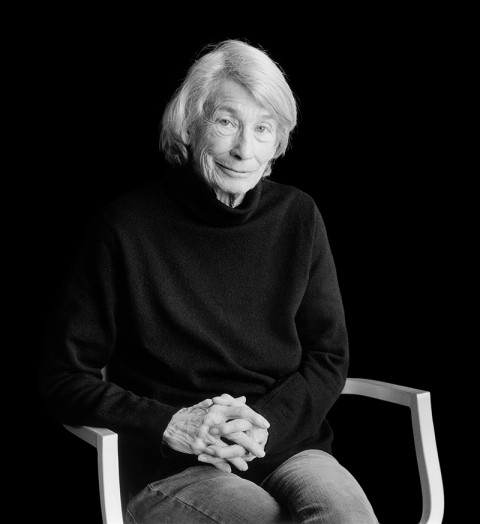
People are hungry for poetry these days. I have found this to be true in my own life, and I experience it among friends and acquaintances whose sensibilities track along the spectrum from deep religious conviction to belief in nothing much at all.
For theology and liturgy, poetry has always mattered. Scripture begins and ends with poetry and contains swaths and snatches of it throughout its vast remainder. The rites of Christian worship across the centuries have endured in part because they are poetry in the mouth, poetry in the ear, poetry to live by. Accomplished poets with theological acumen have always helped to sustain the piety of the faithful: Ephrem the Syrian, Hildegard of Bingen, Dante Alighieri, George Herbert, Christina Rossetti, T. S. Eliot, Gerard Manley Hopkins—to name only a few.
The reasons for the deep draw to poetry are no doubt many, but perhaps in this cultural moment we are discovering a particularly salient one: the failure of arguments. Propositional speech and expository writing have always been limited in their power to move and convince, which is why the best orators and authors throughout history have won over their audiences with poetic speech—language rife with image, metaphor, ambiguity, and lyricism and uninterested in didacticism and moralizing. For Christians who recognize the dreariness of staking one’s life solely on a list of propositions to be assented to, poetry turns out to be “like fires for the cold, ropes let down to the lost, something as necessary as bread in the pockets of the hungry.”




